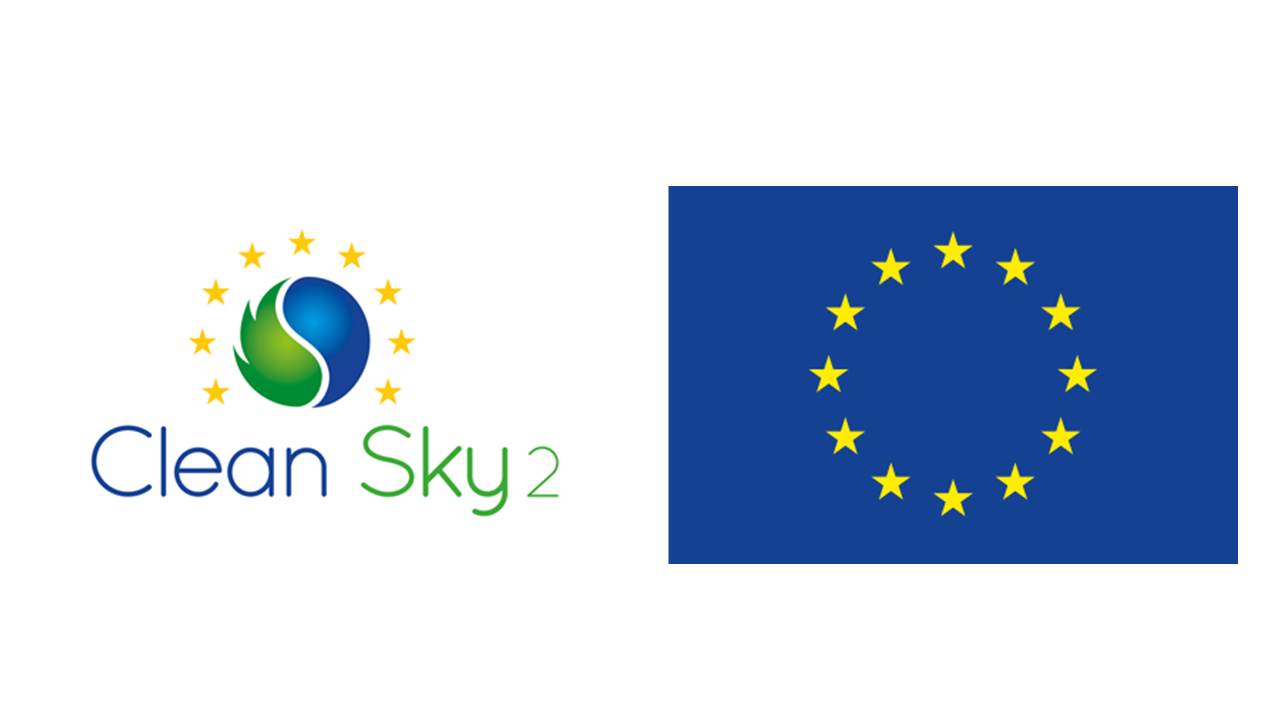CT, the leading engineering company in technological innovation throughout the complete product life cycle, has begun researching cost-efficient repair methods for thermoplastic composites components and their integration into the manufacturing line in the aeronautic industry. Included within Horizon 2020 programme, RETPAIR, which stands for “Thermoplastic fuselage repair process integrated on manufacturing line”, has been awarded €800K of research funding from the European Clean Sky programme. This R&D initiative is carried out by a multidisciplinary consortium formed of CT and Msquare, and led by AIMEN.
The proposed solutions assure one-side accessibility, supported by a digital-based methodology to assist patch design and manufacturing. An induction welding solution for repairing structural damages based on pre-manufactured patches will be developed, and two in-situ consolidation solutions for structural and non-structural applications based on automated and robotized layer-by-layer patch in-situ creation: an automated laying (AL) solution based on ATL/AFP technologies (automated tape laying/automated fibre placement) will be investigated for structural and large size repairs, and a 3D printing FFF-based (Fused Filament Fabrication) solution, using both continuous carbon fibre filaments and short fibre filaments will allow the strength of patches to be adjusted for different repair requirements (structural and cosmetic).
To ensure the thermal and mechanical quality of the repair, the critical process parameters (temperature, pressure, times/rates) will be monitored and controlled. CT engineers will be in charge of evaluating and comparing the results of these new repair solutions with regard to their applicability in the various damage scenarios previously established and the different application environments- Single-Part (SP), Major Component Assembly (MAC) and Final Assembly Line (FAL). Once their applicability is investigated, CT will define the roadmap, compiling the required work to scale the new technologies from TRL3 to TRL6.
The developments achieved through this almost 3-year research will result in flexible and accurate repair technologies for high-performance and quality solutions, thus collaborating in the increasing use of greener materials like TPCs in the aeronautic industry.
About RETPAIR
Included within the Horizon 2020 Framework Programme, RETPAIR (Thermoplastic fuselage repair process integrated on manufacturing line) has a total research funding of €800K granted from the Clean Sky Programme. Its consortium is made up of CT and Msquare, and led by AIMEN.
